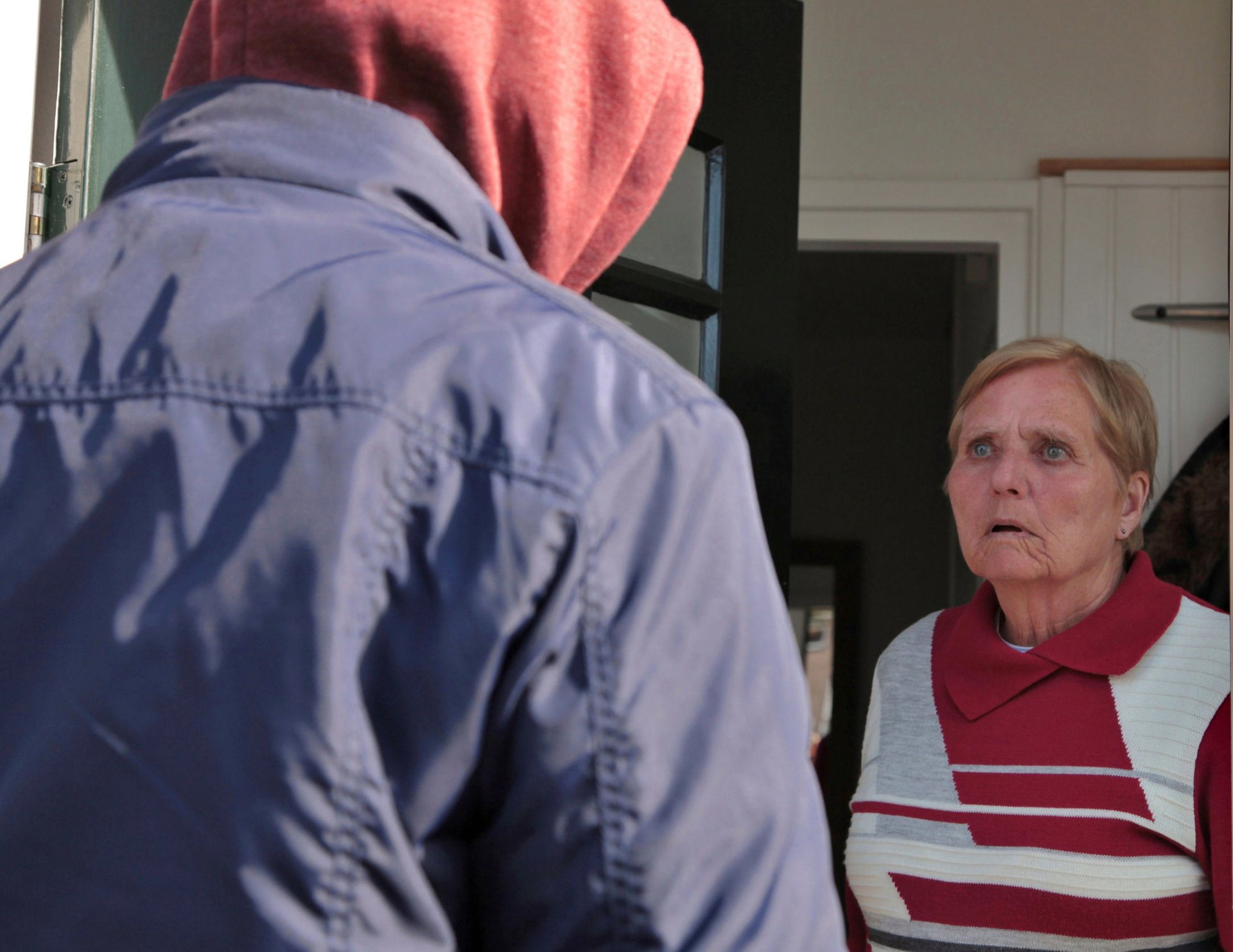
If someone offers you a COVID-19 test in exchange for your Medicare information, run in the other direction.
It’s still difficult to get tested for the coronavirus disease in many parts of the country. So, it’s not surprising to learn that scammers are exploiting the shortage, and they’re targeting seniors in particular.
They use stolen personal information to commit Medicare fraud and identity theft, says the U.S. Department of Health and Human Services.
In a recent email to beneficiaries, Medicare warned:
“Unfortunately, scammers are using the COVID-19 pandemic to try to steal your Medicare Number, personal information, and money. And they’re using robocalls, social media posts, and emails to do it.”
The fraudsters are even knocking on people’s doors to talk them out of their personal information.
You could pay for phony bills
Seniors are urged not to share any personal information — including a Medicare number — with anyone except a trusted health care provider or other qualified expert. If you are unsure who’s legitimate, call for help and advice from your Senior Medicare Patrol, volunteer groups funded by the Department of Health and Human Services (HHS).
Becoming a victim of these scams can cost you, in money and headaches. Says HHS:
“The personal information collected can be used to fraudulently bill federal health care programs and commit medical identity theft.”
You could even end up on the hook for charges if Medicare denies the claim for an unapproved test.
Steps to stay safe
Sadly, an entire industry of scammers pounces on confused or scared consumers. You can arm yourself by learning to spot and avoid fraud. Read:
Safeguard your Medicare and Social Security information as you would a credit card so it can’t be used in fraud schemes. If you suspect you have been contacted by a scammer, here’s what to do:
- Report suspected scammers and fraudsters to the National Center for Disaster Fraud Hotline at 866-720-5721 or write to [email protected].
- Be wary if someone wants your Medicare number when you didn’t ask for services.
- Be suspicious of people offering COVID-19 supplies or testing.
- When using social media, don’t click or respond to ads and offers for COVID-19 testing.
- If you feel you need a COVID-19 test, ask your doctor or doctor’s office.
The FBI advises everyone — not only seniors — to watch out for and to report:
- Phony emails supposedly from the Centers for Disease Control and Prevention (CDC)
- Phishing emails, which aim to trick you into sharing personal information. (These phony emails might be about COVID-19 tests, charitable contributions, vaccines, cures, airline refunds or financial relief.)
- Counterfeit treatments and equipment — for instance, sanitizing products, masks, face shields, goggles, respirators, protective gloves or gowns





Add a Comment
Our Policy: We welcome relevant and respectful comments in order to foster healthy and informative discussions. All other comments may be removed. Comments with links are automatically held for moderation.